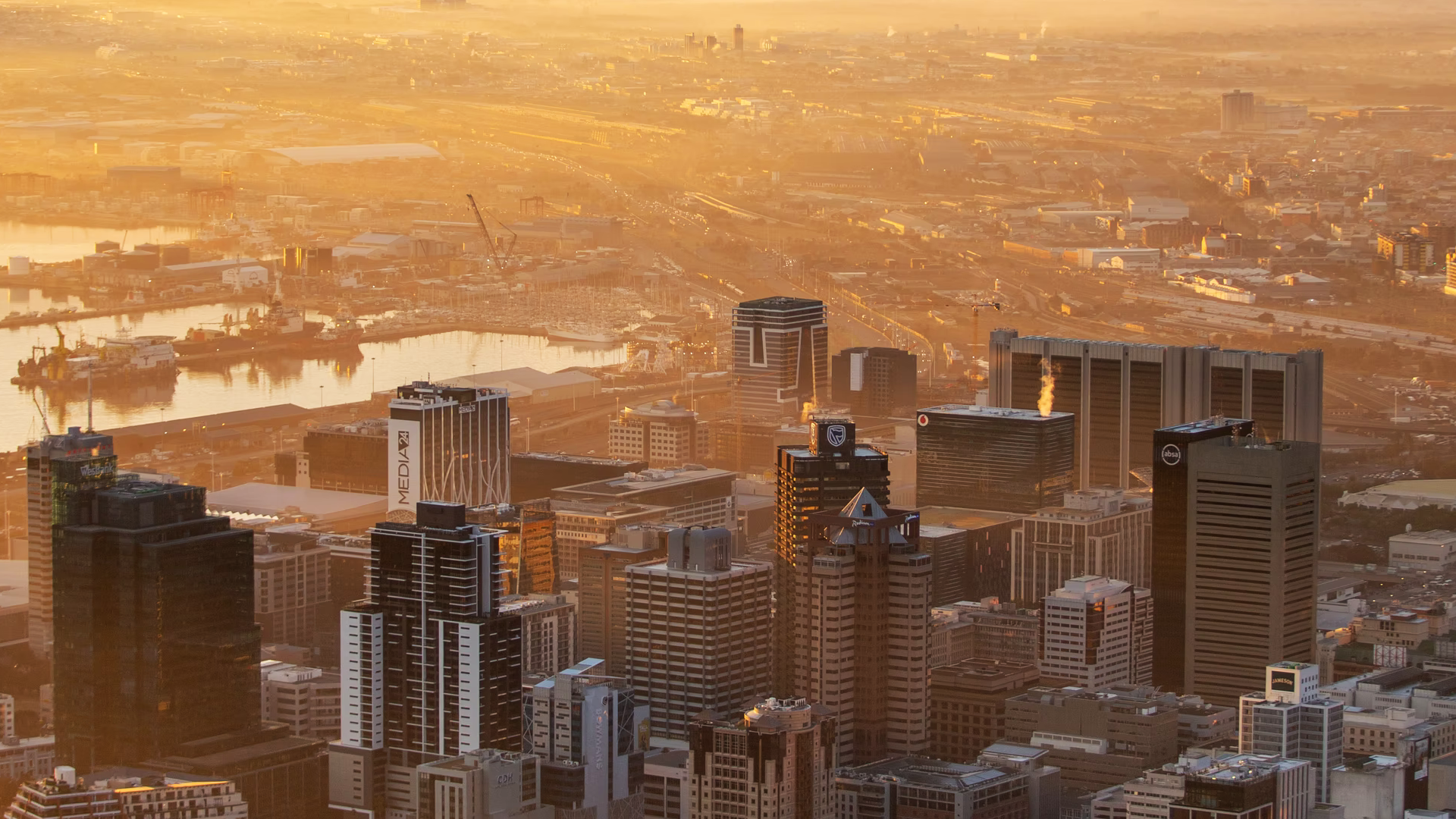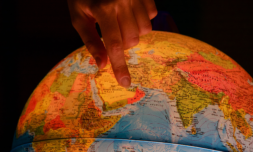Despite Africa contributing the least to greenhouse gas emissions of all continents, it remains the most threatened when it comes to climate change.
Africa remains the most endangered continent from climate change according to reports by the World Meteorological Organization (WMO).
The report mainly highlights climate change risks to human health, extreme drought, flooding, water, and food security, which directly affects Africa’s biggest economy – agriculture.
This year’s ongoing COP26 summit in Glasgow remains a test for world leaders to actually put their conversations into actions to reduce the increasing global warming threats.
As it stands, climate change will be a major obstacle in getting Africa to achieve its Sustainable Development Goals in the coming decades. African leaders will be voicing their concerns at COP26, providing potential options for international climate support, including financial aid and technological research.
Africa leaders concerns and efforts
On Tuesday, day two of the summit, President Felix Tshisekedi of Democratic Republic of Congo, also the African Union Chairperson, said that it is ‘essential’ for the world to ‘protect and support Africa’s forests and oceans’ which serve as natural carbon sinks.
The Congo Rainforest covers more than five countries in Central Africa, making it the second largest after the Amazon. It is currently losing its ability to absorb carbon dioxide from the atmosphere due to climate change and destructive human actions such as deforestation.
Kenyan President Uhuru Kenyatta told the international community that Kenya is ‘determined and on course’ to achieve full transition to clean energy by the year 2030.
He noted that renewable energy currently accounts for 73% of Kenya’s installed power generation capacity while 90% of electricity in use is from green sources, including geothermal, wind, solar, and hydro-electric installations.
African leaders also aired their grievances over the promised $100 billion dollar per year funding pledge for developing countries. They noted that two years in a row the pledge has not been met and the summit should come up with a realistic plan for implementing the 2015 Paris Climate Agreement.
During the opening ceremony, 26-year-old environmentalist and climate activist Elizabeth Wathuti told world leaders that children and young people are ‘waiting for them to act’.
She further said that millions of Africans are facing climate related starvation due to the inaction by governments all over the world, and noted the recent heat waves and wildfires in Algeria and Uganda respectively.
Here is my full speech at the #COP26 World Leaders Summit Opening Ceremony with a key message from Earth to COP: "Open your hearts"!
The youth voices at the World Leaders Summit will probably get the least coverage! So I'll upload them here! Share widely! pic.twitter.com/yv6kKyfzDF
— Elizabeth Wathuti 🇰🇪 (@lizwathuti) November 2, 2021




















